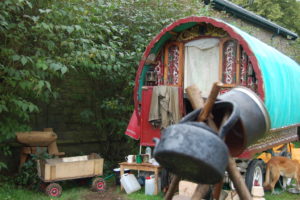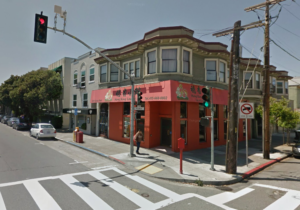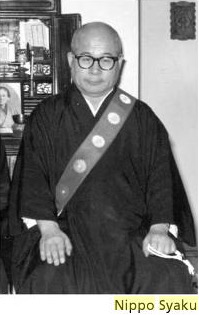North Texas State University, Denton, Texas, 1965: There were two girls named Patty. I loved each of them, at different times. The one called Pretty Patty eventually ran off with a guy named Gary; I lost track of them in Santa Fe.
The other was called Patty Cake, and on the eve of my 21st birthday, completely misinformed while I was away getting the beer, threw a fit and all my records onto the floor of my apartment, and so I stopped phoning her. When next I saw her, she was abashed, embarassed. I leaned over the table, looking into her eyes, and said softly, “You scamp,” and she knew it was over between us.
But this was before all that, when life was still fresh and light-hearted. Now the deal was, there was John, and there was Joan. John was younger, because, being brilliant, he’d graduated high-school at sixteen, and now found himself editor of our college Literary Magazine.
Joan I no longer recall clearly, except that John showed us the marks she had made on his back, so I guess she had her points.
But the thing was, the two of them squabbled. Squabbilus, squabbelaste, squabbalorum. All the time. About anything. About nothing. Without regard to anyone present. Always, always, always. So annoying it was, to wade through this movable skirmish.
So Patty Cake and I, commiserating over wine, hatched a plan to cure them.
First, we invited them to an evening, dinner and wine, at my tiny apartment at 1308 1/2 West Hickory, across from the English Building. We had the usual student meal in which spaghetti was featured, and red wine. And a little more red wine.
About the time everybody was feeling good, we arranged it that John and Joan sat on the sofa, out of the way. They’d bickered earlier, off and on, but were basking in a fine mood now.
However, Patty Cake and I began to quarrel. We really began to quarrel. We grew more and more heated, until we were standing mid-room, screaming into each other’s faces. Patty Cake drew back and slapped me, hard. It staggered me.
Bellowing in rage, I ran to grab a huge butcher knife, and, raising it high, I sprang at her. She shrank, screaming.
At the last moment … we stopped, and turned together to where John and Joan sat paralysed, eyes wide in horror. And Patty Cake and I said, calmly, “See? Do you see how unpleasant it is to be around people fighting all the time?”
Numbly, open-mouthed, they nodded.
Later, more wine. Sometime late, late, late, we four found ourselves in a children’s playground, in the dark, upon a grassy knoll, falling off some kind of merry-go-round contraption, and laughing and laughing and laughing.
It was very late towards morning when Patty Cake and I got cozy in my apartment, to spend some time together. Perhaps it was a long time together. My bed was next to the window, and just as we were drifting off to sleep, there was a hint of daybreak outside, and the sounds of birds singing.
I fell asleep, smiling, content.

 Near
Near  San Francisco, 1980: We’d outgrown my studio apartment on Third Avenue.
San Francisco, 1980: We’d outgrown my studio apartment on Third Avenue. 
 San Francisco, 1975: I saw the flimsy poster, but it was quaint rather than crude. Bishop Nippo Syaku would give some short talks
San Francisco, 1975: I saw the flimsy poster, but it was quaint rather than crude. Bishop Nippo Syaku would give some short talks 